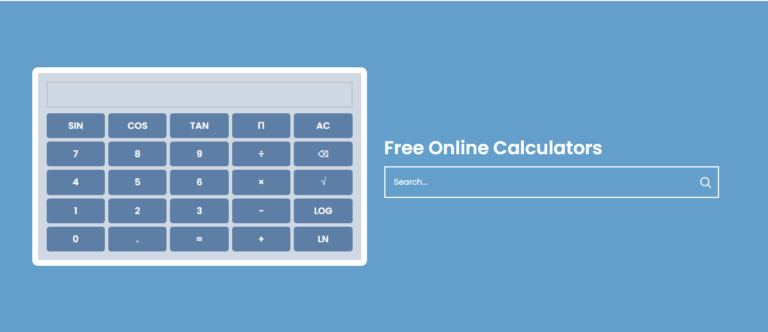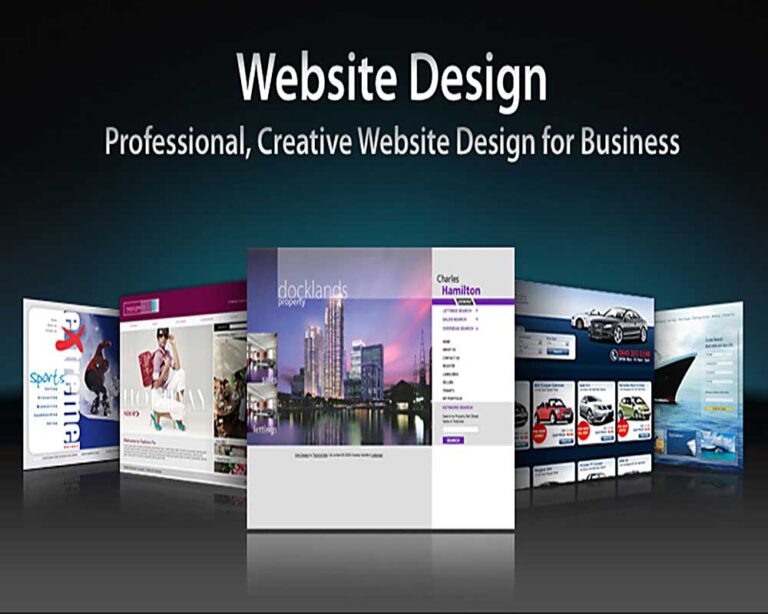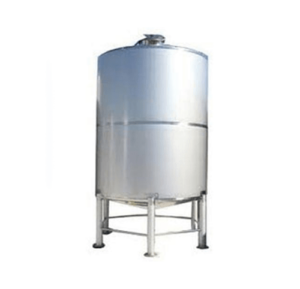Technical hiring is a complex puzzle that demands precision, insight, and a strategic approach. In the fast-evolving tech landscape, identifying true talent goes far beyond reviewing resumes or checking academic credentials. An IT staffing company understands that the right assessment can mean the difference between building a stellar team and encountering costly hiring mistakes.
The Critical Nature of Technical Skill Assessment
Assessing technical skills is not a simple checkbox exercise. It’s an intricate process that requires understanding both technical competence and the subtle nuances of how a candidate thinks, solves problems, and adapts to challenges.
Why Traditional Assessment Methods Fall Short
Most organizations rely on outdated interview techniques that fail to capture a candidate’s true potential. Multiple-choice tests, generic coding challenges, and surface-level technical questions often miss critical indicators of real-world performance.
Comprehensive Strategies for Technical Skill Evaluation
1. Problem-Solving Scenario Technique
Instead of asking theoretical questions, create realistic scenarios that mirror actual workplace challenges. For instance, a software developer might be presented with:
- A complex system design problem
- A legacy code refactoring challenge
- An integration issue requiring creative solutions
The goal is to observe:
- Analytical thinking process
- Communication skills
- Approach to breaking down complex problems
- Creative problem-solving strategies
2. Live Coding and Technical Demonstrations
Live coding sessions provide unparalleled insights into a candidate’s technical capabilities. Key aspects to evaluate include:
- Code quality and readability
- Efficiency of solution
- Error handling approach
- Ability to explain technical decisions
- Comfort under pressure
Recommended Implementation:
- Use collaborative coding platforms
- Allow candidates to use their preferred development environment
- Focus on the thought process, not just the final code
- Provide clear, realistic problem statements
3. Portfolio and Project Review
A candidate’s previous work speaks volumes about their technical skills. During the review, focus on:
- Complexity of previous projects
- Innovation in solving technical challenges
- Quality of documentation
- Contribution to open-source projects
- Understanding of broader system architectures
4. Technical Knowledge Depth Probing
Move beyond surface-level questions by:
- Asking candidates to explain complex concepts in simple terms
- Exploring their understanding of underlying technologies
- Discussing recent technological trends
- Examining their learning approach and adaptability
5. Soft Skills and Technical Communication
Technical brilliance must be coupled with effective communication. Assess:
- Ability to explain technical concepts clearly
- Collaboration potential
- Patience in addressing complex issues
- Openness to feedback and alternative solutions
Advanced Assessment Techniques
Pair Programming Simulation
Invite candidates to work alongside a current team member on a real or simulated project. This approach reveals:
- Collaboration skills
- Ability to take and give constructive feedback
- Real-time problem-solving capabilities
- Cultural and team fit
Take-Home Technical Challenges
Provide a comprehensive take-home project that:
- Reflects real-world complexity
- Allows candidates to showcase their best work
- Demonstrates architectural and design thinking
- Reveals approach to documentation and code organization
Red Flags in Technical Interviews
Watch for warning signs such as:
- Inability to explain personal code
- Rigidity in thinking
- Lack of curiosity about technologies
- Overconfidence without substantive knowledge
- Poor communication of technical concepts
Technology-Specific Evaluation Considerations
Different technology domains require specialized assessment approaches:
Software Development
- Algorithm design skills
- System design understanding
- Coding best practices
- Framework and language proficiency
Cloud Engineering
- Architecture design capabilities
- Security implementation knowledge
- Cost optimization skills
- Multi-cloud strategy understanding
Data Science
- Statistical analysis proficiency
- Machine learning model design
- Data preprocessing techniques
- Visualization and communication of insights
Emerging Trends in Technical Assessment
AI-Assisted Evaluation Tools
Advanced platforms now use artificial intelligence to:
- Analyze coding patterns
- Predict problem-solving potential
- Provide more objective candidate assessments
Remote Technical Assessment Strategies
With distributed workforces becoming standard, remote assessment techniques have evolved to include:
- Virtual pair programming
- Screen-sharing technical interviews
- Asynchronous coding challenges
- Collaborative online platforms
Conclusion: Building a Robust Technical Evaluation Framework
Effective technical skill assessment is an art and a science. It requires a holistic approach that looks beyond technical knowledge to understand a candidate’s potential, adaptability, and capacity for growth.
By implementing comprehensive, multi-dimensional assessment strategies, organizations can build teams that are not just technically proficient but also innovative, collaborative, and future-ready.
The right assessment method doesn’t just fill a position—it discovers potential that can transform technological capabilities.



